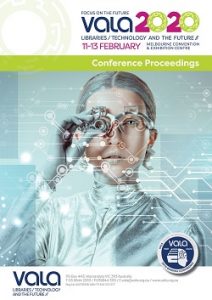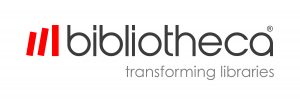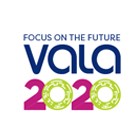Office without walls: the move to a mobile working environment for staff at Casey Cardinia Libraries
This session is sponsored by Bibliotheca
VALA2020 CONCURRENT SESSION 8
Wednesday 12 February 2020, 10:50 – 11:20
Michelle McLean
- Information Services Coordinator

- Casey Cardinia Libraries
Please tag your comments, tweets, and blog posts about this session: #vala2020 #s16
Read the paper, view the video of the presentation on the VALAView channel and view the presentation slides here:
Abstract
This presentation will explore the journey of Casey Cardinia Libraries’ staff, as they moved from working in offices with desktop computers and fixed landlines, to working mobile. The focus is on Regional Support staff, but this paper will also explore how branch staff were impacted. CCL’s move to mobile working has involved a range of changes, including new software, hardware and new ways of working, and this paper will explore them and the implications of these changes on the staff involved, on the work they do and on the people they serve.
This work is licensed under a Creative Commons Attribution-NonCommercial License.





